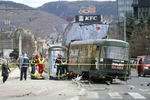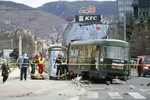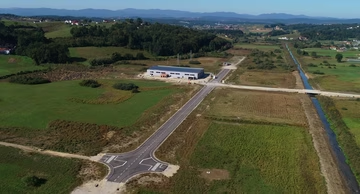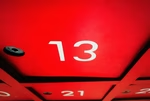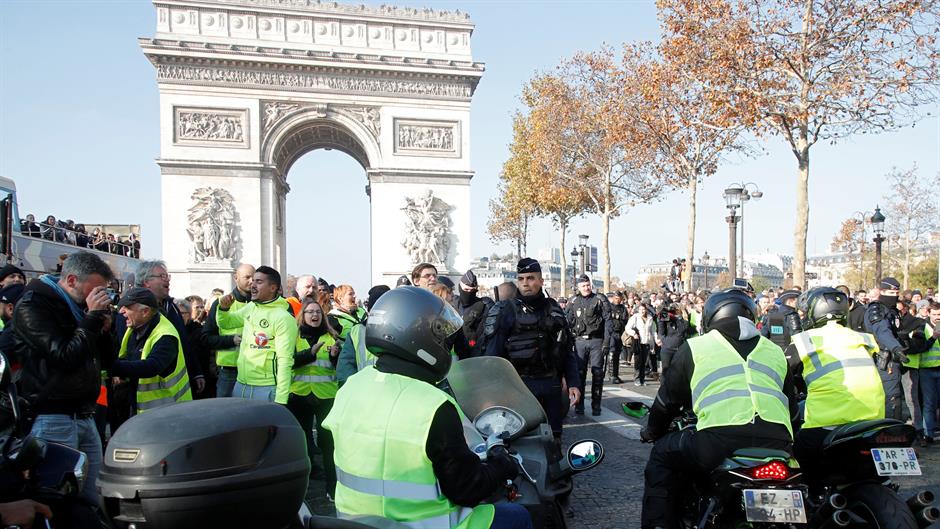
France will suspend fuel price hikes after ongoing protests turned violent over the weekend, in a major concession by President Emmanuel Macron's government.
Oglas
According to CNN affiliate BFMTV, Prime Minister Edouard Philippe will announce a moratorium on Tuesday on fuel price hikes, which had been scheduled to come into effect on January 1.
The rising cost of gasoline and diesel fuel sparked protests that have since evolved into broader demonstrations against Macron's government, exposing tensions between the metropolitan elite and rural poor.
The government is likely hoping the suspension of the fuel hikes will take some heat out of the protests, which brought an estimated 36,000 people onto the streets of France on Saturday alone.
Oglas
Around 400 people were arrested after a violent minority turned on police, throwing projectiles and vandalizing statues. The city's famed Arc de Triomphe was scrawled with slogans in support of the movement and others criticizing Macron as the President "of the rich."
Paris prosecutor Remy Heitz said that among the protesters were people from across the country who had descended upon Paris with the express intent of causing trouble.
He added that authorities would crack down hardest on those who had joined the street demonstrations explicitly to carry out violent acts.
"There are varied profiles but there are definitely profiles of people who have come from the provinces all over France, obviously to carry out acts of violence, and it is to these people that the criminal response I will say will be the strongest."
Oglas
The cost of diesel has surged 16 percent this year from an average €1.24 per litre to €1.48, even hitting €1.53 in October, according to UFIP, France's oil industry federation.
Protesters reacted by taking to the streets of Paris, setting fire to tires – even cars, in some instances – for two weekends in a row. Violence has left at least two people dead and more than 600 people injured. Protesters struck some of the wealthiest parts of the French capital, looting luxury shops and smashing bank windows. Police have arrested hundreds.
The wave of support that brought Macron to power has waned, with the young leader's approval rating dropping to 25 percent in November. And public support for the movement is high – a Harris poll conducted after Saturday's protest suggests that almost three-quarters of French people support it.
Macron is just the latest of many French leaders who have lost support for trying to transform France into a friendlier nation for doing business. His slashing of the wealth tax, for example, was unpopular and triggered criticism that he works for the elite and condescends to the poor.
Oglas
Kakvo je tvoje mišljenje o ovome?
Učestvuj u diskusiji ili pročitaj komentare
Oglas
Kakvo je tvoje mišljenje o ovome?
Učestvuj u diskusiji ili pročitaj komentare
Oglas





 Srbija
Srbija
 Hrvatska
Hrvatska
 Slovenija
Slovenija















